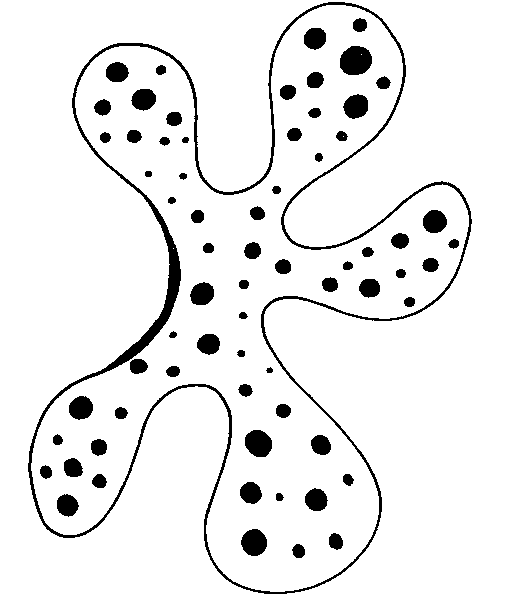I have an easy practice of trust, so I take my suspicion seriously.
Taking my suspicion seriously resulted in an easy practice of trust.
Reactivity to suspicion, claiming, blaming, fixing, is engaging with suspicion. It’s playing with suspicion, not taking it seriously. Reactivity invites suspicion to prove worthiness; suspicion cracks a door to converse with the person trying to break it down, rather than barricading the door.
I take my suspicion seriously by listening to what it has to say and conducting my own behavior within the bounds of what suspicion says is trustworthy, without enmity or blame.
I simply interact in what feels safe and trustworthy, and I only interact closely with what feels safe all the way through.
I am not interested in having suspicions of anyone I am holding close. If I have any suspicions at all, that is not my inner circle.
There are plenty of people about whom I have no suspicions, whom I trust completely, so I know for sure it’s possible. I know it’s what alignment feels like.
Misalignment feels like a lot of things, some of them compelling, thrilling, morally correct, delicious. But it ALWAYS involves suspicion.
And my close relationships NEVER involve suspicion.
a






I cover and explore the topic of Trust in my podcast here:
https://soberchristiangentlemanpodcast.substack.com/p/s1-ep-7-scgp-rebroadcast